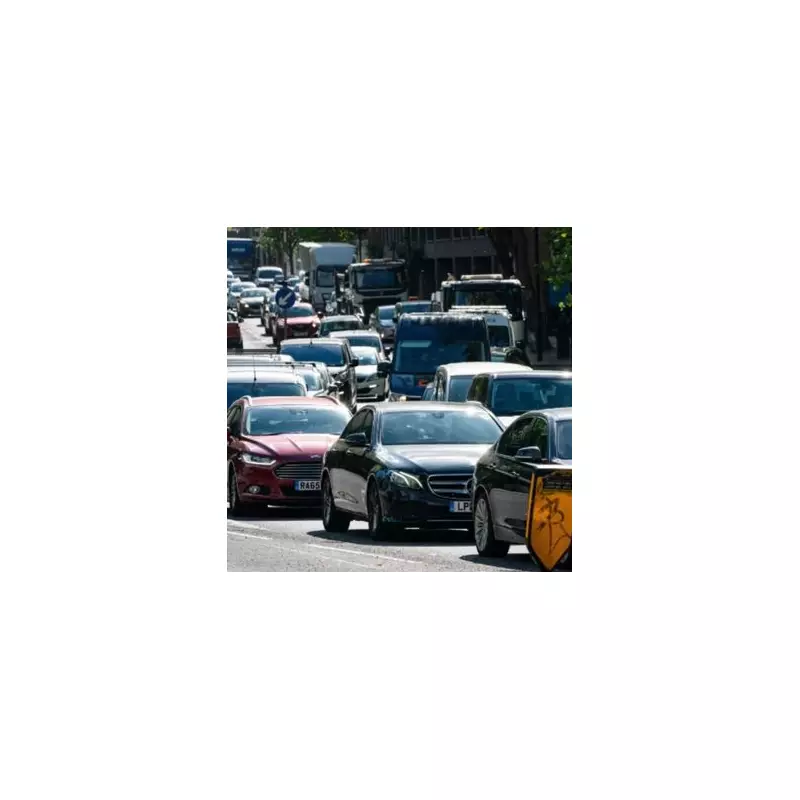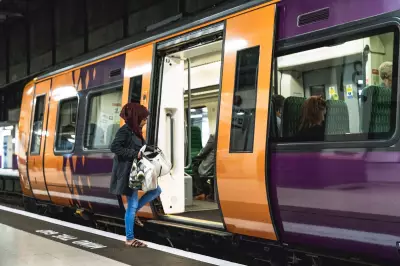
In a bold move that's set to send shockwaves through Britain's motoring community, Chancellor Rachel Reeves has unveiled plans for a comprehensive overhaul of vehicle taxation that directly targets drivers across the nation.
The End of 'Unfair' Motoring Taxes
During her first major parliamentary address, the new Labour Chancellor declared the current system of motoring taxes "fundamentally unfair" and pledged to create a new framework that ensures "those who can afford the most expensive vehicles contribute their fair share."
The proposed reforms represent the most significant shake-up of vehicle taxation in decades, with three key areas facing immediate scrutiny:
Vehicle Excise Duty (VED) Overhaul
The current VED band system is set for complete restructuring, with luxury and high-emission vehicles facing substantial increases. Treasury analysis reveals that owners of premium cars often pay proportionately less tax than middle-income drivers of older vehicles.
Fuel Duty Reform
Despite previous government freezes, fuel duty is now under review with potential increases that could add significant costs to every litre of petrol and diesel. The Chancellor emphasised the need to balance environmental concerns with economic fairness.
Company Car Tax Crackdown
The system that allows employees to receive cars as benefits-in-kind faces major reform. Reeves highlighted that the current arrangement creates "unnecessary emissions" while providing tax advantages that disproportionately benefit higher earners.
What This Means for British Drivers
Motorists across the UK should prepare for:
- Higher annual tax bills for luxury and high-emission vehicles
- Potential increases in fuel costs at the pump
- Reduced tax benefits for company car schemes
- A new tiered system that considers both vehicle value and emissions
The Treasury estimates the reforms could generate substantial additional revenue while encouraging a shift toward more sustainable transport options. However, motoring organisations have expressed concerns about the impact on essential drivers and those in rural areas with limited transport alternatives.
As the new government settles into power, these proposed changes signal a dramatic shift in approach to motoring taxation that could redefine the cost of vehicle ownership in Britain for years to come.





